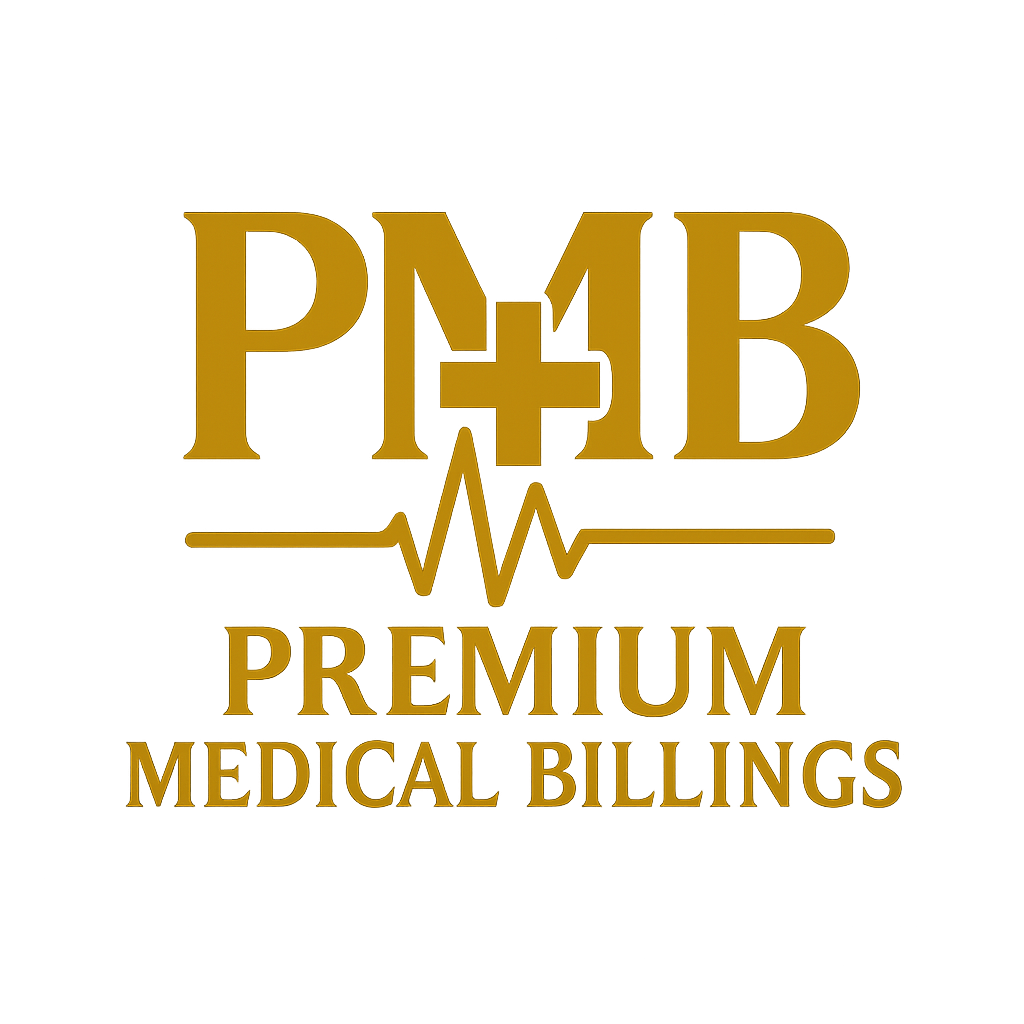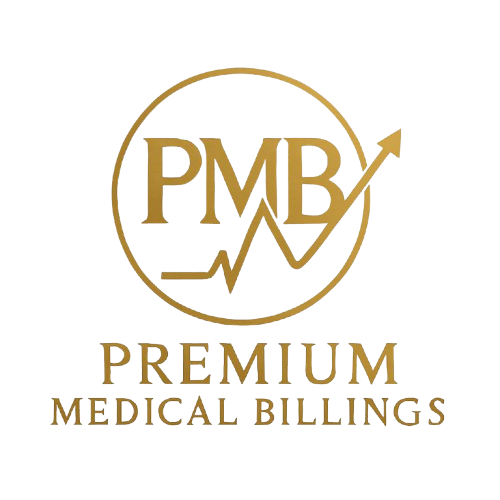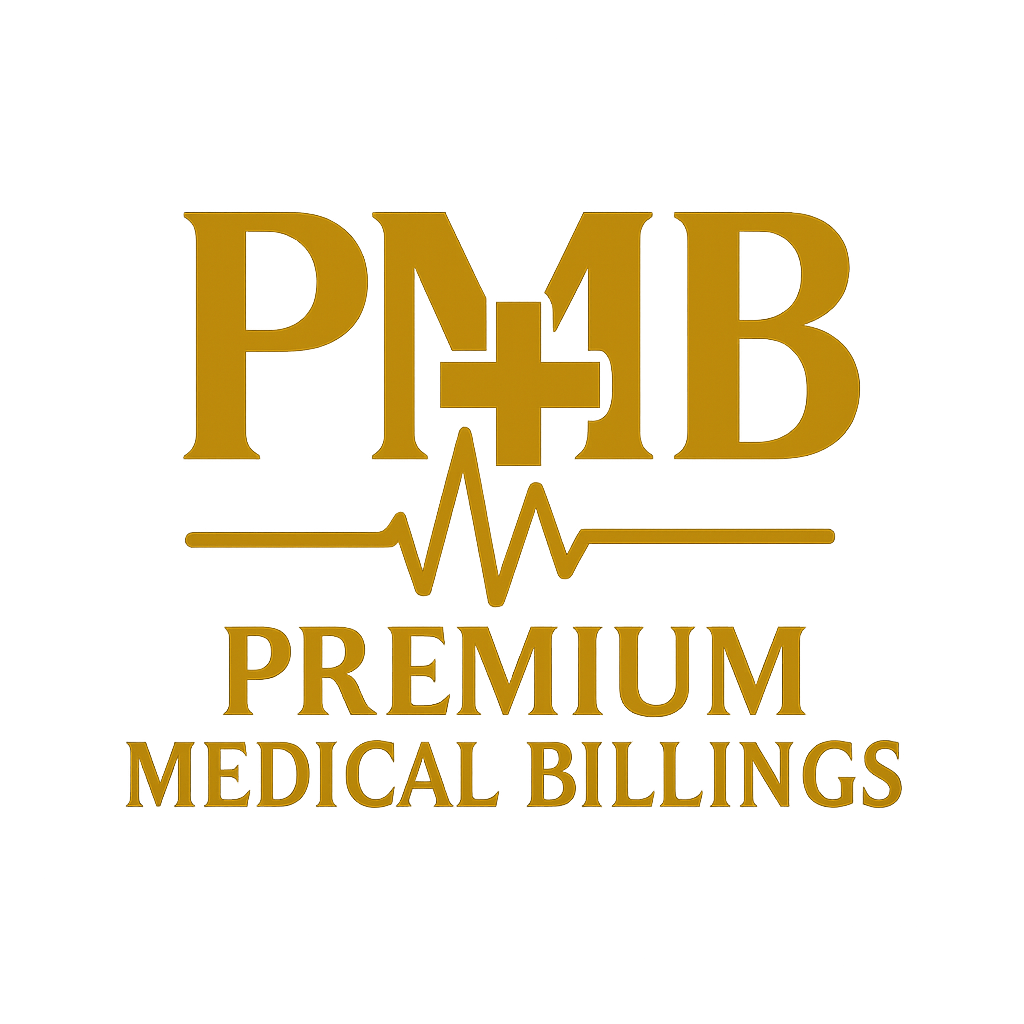In today’s complex healthcare industry, medical billing plays a critical role in ensuring providers get paid accurately and on time for the services they deliver. However, it’s not always straightforward. Healthcare providers, billing companies, and patients alike face a wide range of difficulties that can delay payments, reduce revenue, and create administrative burdens. So, what is the biggest challenge in medical billing? While there are multiple challenges, denial management, coding errors, and insurance claim rejections often top the list.
In this blog, we’ll explore the most significant challenges in medical billing, why they happen, and how healthcare practices can overcome them with the right strategies and the support of Premium Medical Billings.
Understanding Medical Billing Challenges
Medical billing is more than just submitting claims to insurance companies. It requires accurate patient data, precise coding, compliance with ever-changing healthcare regulations, and proper denial management. A single mistake in any step of the process can lead to delays or complete rejection of payment.
For many providers, the biggest challenge in medical billing lies in balancing accuracy, efficiency, and compliance while dealing with strict insurance requirements.
The Biggest Challenge in Medical Billing: Claim Denials and Rejections
One of the most common answers to what is the biggest challenge in medical billing is claim denials and rejections. Insurance companies reject claims for a wide variety of reasons—incorrect patient details, missing documentation, outdated codes, or lack of medical necessity.
According to industry research, nearly 15–20% of all medical claims are denied initially, and reworking them costs additional time and resources. These delays not only disrupt cash flow but can also negatively affect patient satisfaction.
Common Reasons for Denials:
- Incorrect or incomplete patient information
- Missing prior authorization
- Duplicate billing
- Incorrect CPT/ICD-10 coding
- Filing claims past the deadline
- Lack of medical necessity documentation
The Premium Medical Billings Solution: Effective denial management, utilizing advanced claims scrubbing, and deep expertise in payer rules can significantly reduce denial rates and dramatically improve your revenue cycle.
Secondary Challenges in Medical Billing
While denials are the biggest challenge, several other issues add to the complexity of medical billing. Let’s explore them:
- Complex Insurance PoliciesInsurance providers have different rules for coverage, coding, and documentation. Navigating these complexities is one of the toughest parts of medical billing. Even minor misinterpretations can result in delayed or denied claims.
- Coding ErrorsAccurate coding is essential for reimbursement. Mistakes in ICD-10 or CPT coding can lead to underpayments, overpayments, or compliance violations. Coding errors also increase the risk of audits.
- Regulatory and Compliance IssuesHealthcare providers must follow HIPAA, Medicare, Medicaid, and other payer-specific regulations. Any compliance issue can result in fines, delayed payments, or even legal consequences.
- Delayed Payments and Cash Flow ProblemsEven if claims are approved, payment delays are common due to insurance company backlogs or administrative inefficiencies. This leads to financial strain on healthcare organizations.
- Lack of Skilled Billing StaffMedical billing requires trained professionals who understand coding, compliance, and insurance guidelines. A shortage of skilled staff increases errors and reduces efficiency.
- Patient Responsibility and High DeductiblesWith rising deductibles, patients are responsible for a larger portion of their medical bills. Collecting payments directly from patients is often difficult, leading to revenue losses.
How Denial Management Affects Revenue Cycle Management
The revenue cycle in healthcare refers to the entire process from scheduling a patient appointment to receiving final payment for services rendered. Denial management directly impacts revenue cycle management, as unresolved claims create bottlenecks in cash flow.
A single denied claim can cost a provider $25–$100 to rework, depending on complexity. Multiply that by dozens of denials per month, and the financial burden becomes evident.
Premium Medical Billings implements advanced denial tracking, predictive analytics, and automated claim scrubbing to help prevent errors before submission and manage all appeals for maximum recovery.
The Role of Technology in Overcoming Medical Billing Challenges
Technology plays a significant role in addressing the biggest challenge in medical billing and other related issues.
- Electronic Health Records (EHRs): We integrate with leading EHRs to improve accuracy by linking patient data with billing systems.
- Medical Billing Software: We utilize state-of-the-art billing software that automates coding verification, claim scrubbing, and seamless submission.
- AI and Analytics: We employ intelligent systems to predict denial risks and optimize reimbursement strategies before claims are ever sent.
- Patient Portals: We help practices set up secure patient portals that simplify patient payments and reduce collection issues.
By leveraging advanced billing solutions, providers can minimize errors, reduce denials, and streamline compliance.
Best Practices to Overcome Medical Billing Challenges
To answer what is the biggest challenge in medical billing, it’s clear that denials, coding errors, and compliance issues dominate the landscape. However, healthcare providers can mitigate these challenges with the right approach.
Key Best Practices:
- Regular Staff Training: Ensuring clinical and administrative staff are updated on documentation needs.
- Accurate Documentation: Guaranteeing complete and precise patient records for coding support.
- Claim Scrubbing Software: Utilizing automated tools to detect and correct errors before submission.
- Denial Tracking and Analysis: Identifying patterns in denials to implement corrective measures.
- Timely Follow-Ups: Monitoring unpaid claims and following up with insurance companies quickly.
- Clear Patient Communication: Educating patients about their insurance and payment responsibilities.
- Outsourcing Billing Services: Partnering with professional billing companies like Premium Medical Billings to ensure expert handling of complex processes.
Why Outsourcing Medical Billing to Premium Medical Billings is a Smart Solution
Many healthcare practices are now outsourcing their billing operations to experts. Partnering with a professional firm like Premium Medical Billings allows providers to focus completely on patient care while our certified experts handle claim submissions, denial management, and compliance with precision.
Benefits of Outsourcing to Premium Medical Billings:
- Significantly Reduced Billing Errors
- Faster Claim Approvals and Payment
- Expert Denial Management and Appeals
- Access to Trained, Certified Professionals (Coding & Compliance)
- Better Cash Flow and Optimized Revenue Cycle Management
Outsourcing not only addresses the biggest challenge in medical billing but also ensures smoother operations, maximum revenue capture, and financial stability for your practice.
Final Thoughts
So, what is the biggest challenge in medical billing? While there are multiple challenges, claim denials, coding errors, and compliance issues stand out as the most significant. These problems can disrupt revenue cycle management, delay payments, and increase administrative costs.
However, with the right technology, best practices, and support from expert billing partners like Premium Medical Billings, healthcare providers can overcome these obstacles. By focusing on accuracy, efficiency, and compliance, organizations can ensure smoother billing processes and better financial outcomes.




